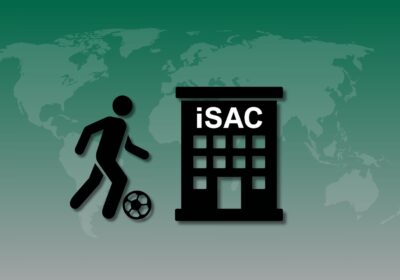Gregory struggles to solve Bulls long-standing offensive issues

When Brian Gregory was hired as USF’s men’s basketball coach in March 2017, he was inheriting one of the worst teams in all of college basketball, especially on the offensive side of the ball.
Prior to Gregory’s arrival, the Bulls ranked dead last in the AAC in points per game for three consecutive seasons and finished second to last the season before he joined the program.
Five years later, there hasn’t been a whole lot of improvement.
Gregory comes from a defensive background, serving as a longtime assistant coach at Michigan State under coach Tom Izzo.
However, while he’s led the Bulls to a top-20 defensive season in which they allowed just 62.7 points per game in 2019-20, the other end of the court has suffered.
USF has only had one season under Gregory, 2018-19, with an offense ranked fifth in the conference, averaging 72.3 points per game. That year coincided with the program’s lone postseason appearance, a run to the College Basketball Invitational title.
Every other season the Bulls have been in the bottom three, including this year, which has been the worst of his five campaigns.
The Bulls (6-13, 1-6 AAC) are currently averaging 57.7 points per game, 10 points less than the next closest conference rival in Temple. They also rank last in every major offensive category including field goal percentage (37%), three point percentage (24.6%) and free throw percentage (65.9%).
Not only are they the worst offensive team in the AAC, they are a bottom five offense in all of Division I basketball. They rank 347th out of 350 teams, only ahead of Alabama A&M, Eastern Illinois and IUPUI.
They have scored less than 60 points on 12 occasions this season, most recently in a 76-45 loss to Tulsa on Saturday.
While Gregory has had to deal with some personnel issues at USF including injuries, navigating the COVID-19 pandemic and having major roster turnover before the start of this season, low-scoring offenses have been a trend in his coaching career.
Gregory’s past teams at his previous head coaching stints at Dayton and Georgia Tech were not really known for being great on the offensive end.
His teams only ever averaged 70 or more points per game on two occasions in 2009-10 with the Flyers and 2015-16 with the Yellow Jackets. His teams consistently ranked in the bottom half of their respective conferences in scoring.
With a new contract extension in place that’ll keep him in Tampa until 2026, Gregory will have some more time to fix offensive issues that have been plaguing the program for over a decade now.







